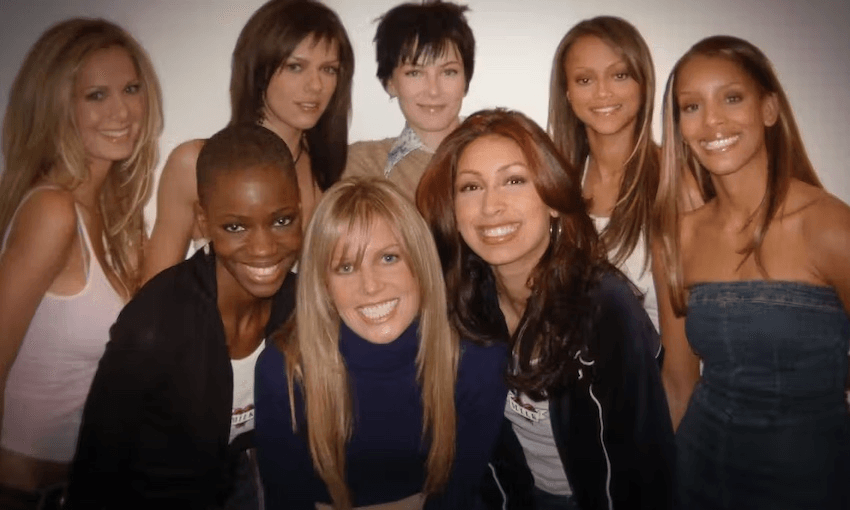In the new episode of Alice Snedden’s Bad News, the comedian takes a look at the shortcomings of our prison system.
Despite being raised on the seminal children’s book Mr Creep the Crook, Alice Snedden is not so sure about the efficacy of throwing all the baddies behind bars. Sure, we’ve been doing it in Aotearoa since 1840, but it hasn’t always been that way. Given that it doesn’t look like crime has been eradicated in 2022, is there something we might be getting wrong?
In the latest episode of Alice Snedden’s Bad News, the comedian speaks to Corrections CEO Jeremy Lightfoot, People Against Prisons Aotearoa activist Emmy Rākete and formerly incarcerated comedian Angella Dravid about how we got here. Prior to colonisation, the justice system was a long, nuanced process that involved rebuilding relationships and restoring balance. Then, as Rākete puts it, “a guy in a wig showed up” and everything changed forever.
We are now faced with an incarceration system that Rākete says destroys social relationships, tears people out of their communities and is a place where the “worst imaginable shit” can happen, including solitary confinement and the use of pepper spray. “When someone leaves prison, within two years on average they are back in prison. So the idea that prison fixes people? We can objectively observe that this is not true.”
Department of Corrections CEO Jeremy Lightfoot says the system “had a lot of reflecting to do” in recent years, particularly when it came to the overrepresentation of Māori in prisons. Does he believe prisons are a symbol of society’s shortcomings in 2022? “That would be one way to frame it”, he says. “But within our context today, they do unfortunately fulfil a critical role that we are providing victims and the wider public with a sense of safety.”
For formerly-incarcerated comedian Angella Dravid, prison was a place that made it hard for her to see anything in black and white, a perspective which broader society could benefit from. “I don’t think people are ready to accept that people who have done bad things are capable of being good people,” she tells Snedden. “I think there’s an expectation that you should repent for your crime your whole life.”



